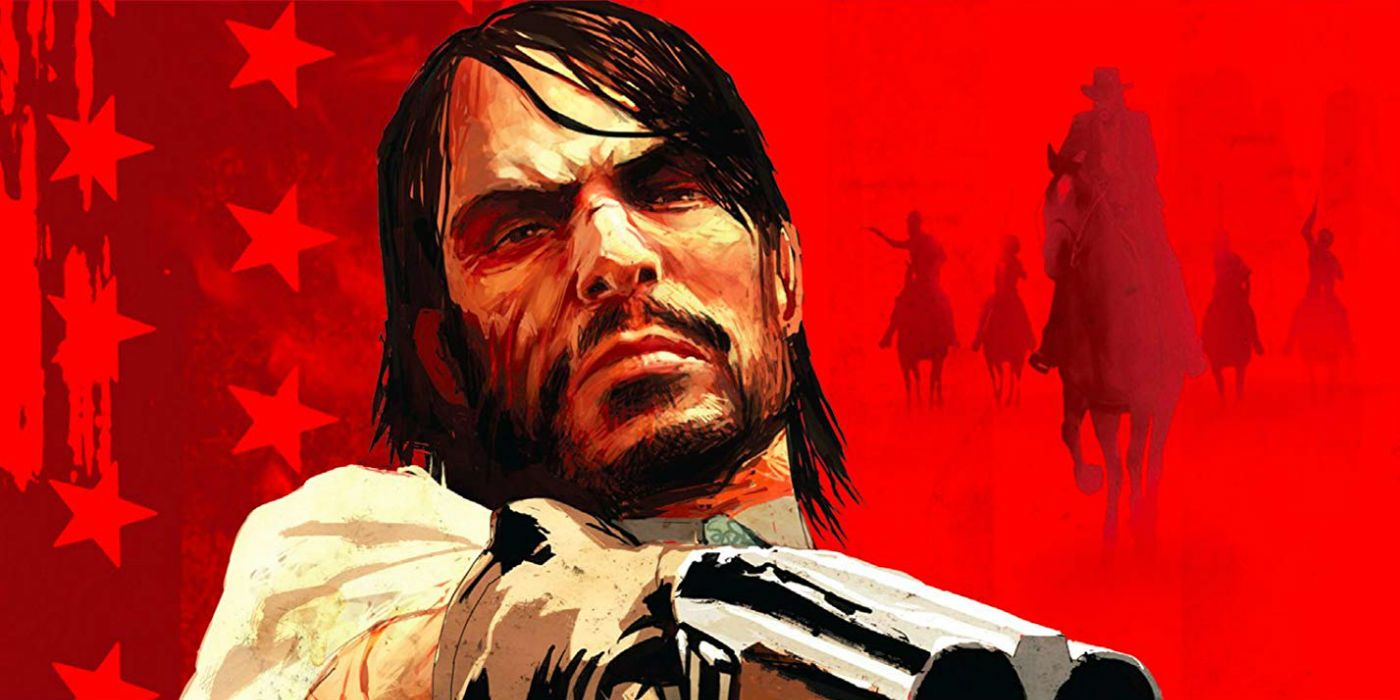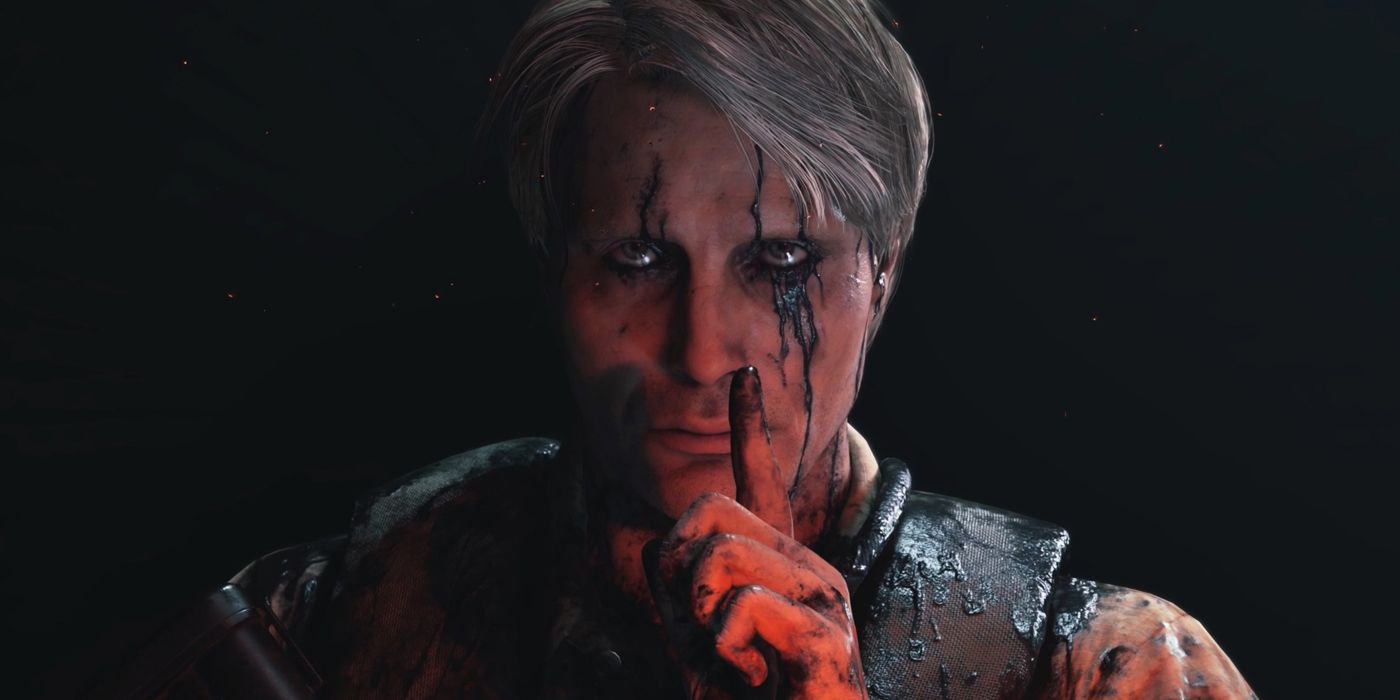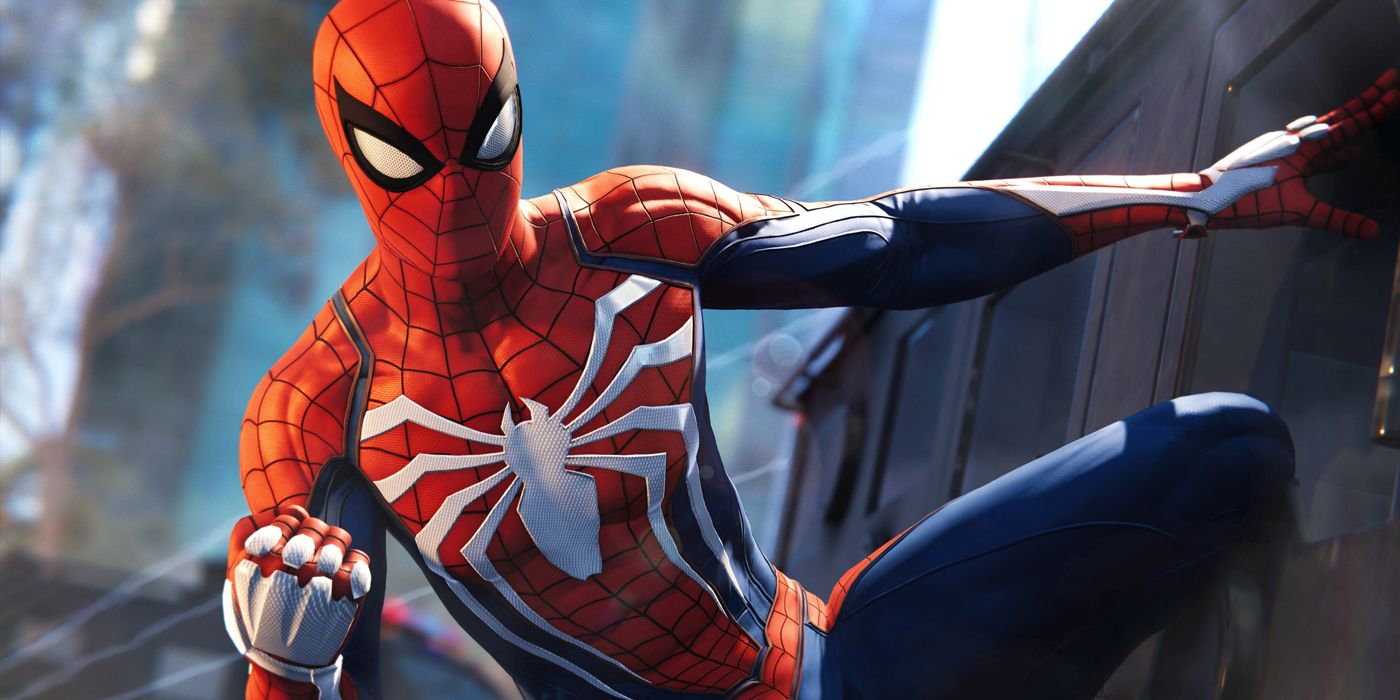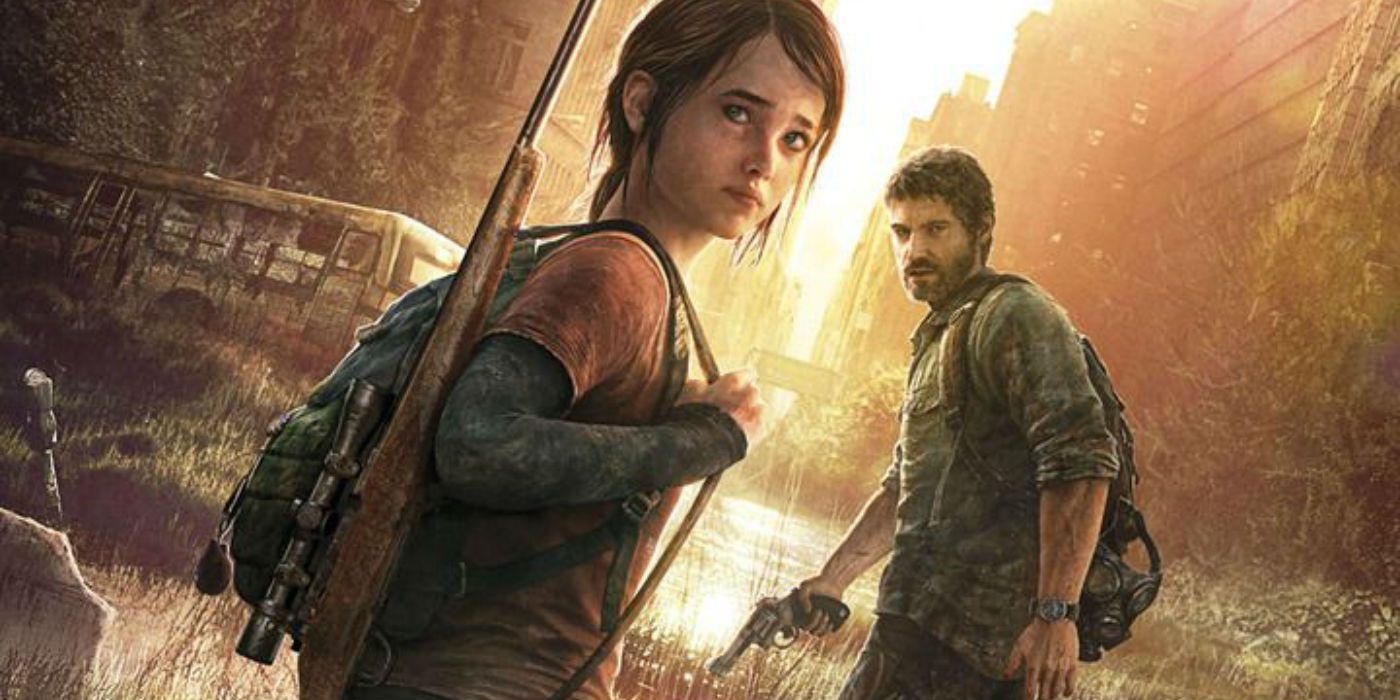In regard to any recent AAA video game, how many times have you found yourself saying the following: "Yeah, I really want to play it, but I just can't commit 80 hours right now"? Let's face it, as great as it is to unplug from reality and jump into a video game universe every once in a while, a game can simply be too long for even the most hardcore gamers.
This has been a trend of the past decade and it doesn't show any signs of slowing down, especially in light of recent titles such as Borderlands 3 and Death Stranding. Even typically smaller niche titles like Fire Emblem: Three Houses are giving into what feels like industry pressure to kick up at least 50+ hours of playtime.
There's certainly nothing wrong with massive games having expansive worlds to get invested in. And oftentimes, these colossal games with their vast landscapes are some of the best titles to come out in any given year. The issue comes from how over-saturated the market is starting to feel with these titles, and how more and more of them really want you to commit to multiple playthroughs. Yes, Skyrim is well-worth your time and attention, but it's hard to say if anyone can really afford to spend 100+ hours per playthrough with a game.
It also doesn't help when these bigger games contain more filler and AGLs (artificial game lengtheners) than required. The most recent God of War title is a good example of an epic-scale game that manages to not be too much of a time suck. It kept things sharp and crisp, with fun gameplay and a supremely powerful story. However, it could have been even tighter if it didn't feel the need to throw in pointless roadblocks every other mission. Did we really need to go get the light of Alfheim to make the mountain stop spitting out smoke? Probably not.
For a while now, the indie genre has acted as something of a safe haven for gamers looking for succinct yet enjoyable experiences. Indie developers have mostly avoided the pitfalls of bigger titles and the need to put out overwhelmingly lengthy titles. It's a safe bet that the upcoming platform-adventure title Ori and the Will of the Wisps will please many players looking for something more contained and/or poetic.
But why is the indie genre seemingly set apart from the demands faced by bigger developers? What's the incentive for those bigger developers to keep pumping out massive titles guaranteed to take up more and more of your time? Well, again, industry pressure is certainly a big part of it. Once one company really made the epic sandbox-style work, and then all the other developers saw that the model worked, everyone was destined to jump on the bandwagon. It's partially a trend of the times; as technology keeps getting better, developers can do more with their games. Obviously, the mindset of "Why shouldn't we do more?" is difficult to avoid, and it's easily justified.
It could also have something to do with that pesky $60 price point. Most AAA titles typically earn that markup, but this could easily just be another piece aspect of industry pressure. If you're going to charge your consumers more for the product, you might as well give them a bigger bang for their buck.
And on the topic of money, game budgets are another important aspect. Though there's no exact number out in the open, Marvel's Spider-Man for the PS4 must have had a pretty substantial budget. Seeing as how that game made an absolute killing, you can bet the sequel will have an even larger cash flow, which likely means there will be an abundance of content, making players stay active on the game for a longer experience.
The indie genre, frankly, doesn't have to worry about these aforementioned pressures. It might sound overly optimistic, but it's nice to believe indie developers just want to make good games, and that's about it. Yes, they have a budget and might face pressures from consumers, but you typically get what you expect from an indie game, and maybe even then some. Thus, you get to experience titles like Ori and the Blind Forest and Hollow Knight.
Speaking of the consumers, they themselves are also a big part of why the market keeps filling up with expansive titles. It's what a lot of gamers want these days. Again, if you're spending $60 on a game, and you know you're going to spend time with it, then people will expect there to be lots to do in your game. That might not be what every gamer wants, but let's face it, it's what a lot of them clamor for.
Developers of any genre should be allowed to pull back from all these internal and external forces. It's almost as if they've forgotten that smaller scale, linear, and/or level-based games work. They work extremely well. The Last of Us is probably one of the best examples of this in the past decade. Sure, it's gameplay isn't anything groundbreaking, but it's a gripping and devastatingly emotional experience front to back. And it'll only take you about 20 hours to play through that game -- even less if you really gun it through certain sections. The story progresses naturally without any unnecessary hiccups or roadblocks thrown in just to bump up the game's runtime.
The Last of Us is a "labor-of-love" kind of game, as is Death Stranding, but not every game should be as epic and time-consuming as the latter. It's okay for video games to be more relaxed and deliver a more personal experience, while also doing so on a smaller scale. Large-scale games are a big part of why the industry is so successful today. But, if we had fewer games like Red Dead Redemption and more like Star Wars Jedi: Fallen Order, it would be all the more fulfilling when titles like the former showed up on your console or PC once again.




